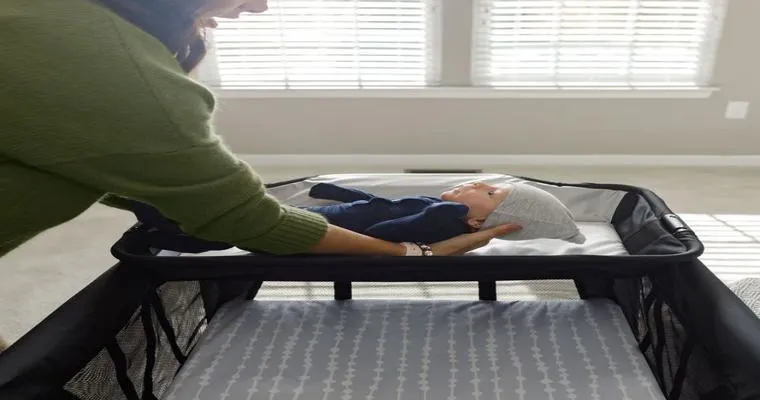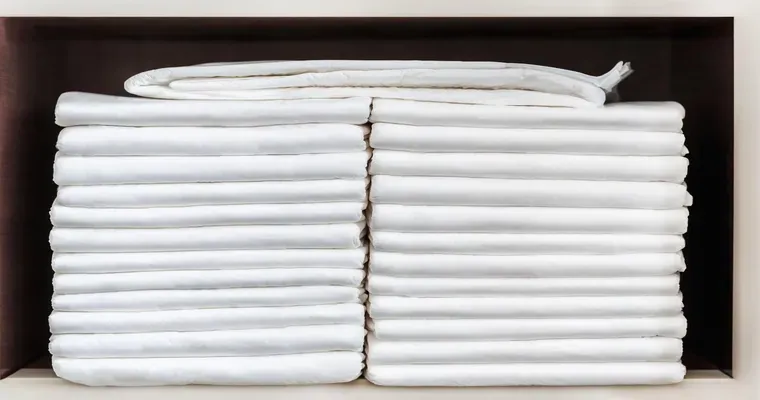Caring for a loved one with early "dementia" can be challenging, especially when it comes to sensitive tasks like changing an "adult diaper". If your aunt has experienced a leak, it is essential to approach the situation with empathy and understanding. This article provides practical tips on how to encourage her to change her adult diaper in a way that respects her dignity and maintains her comfort.
Understanding the Challenges
Individuals with early dementia may struggle with memory loss, confusion, and difficulty with tasks they once managed easily. These challenges can make it hard for them to recognize the need for a diaper change. It’s crucial to be patient and understanding in these situations. Here are some strategies to help guide your aunt through the process.
Create a Routine
Establishing a consistent routine can make it easier for your aunt to remember when to change her adult diaper. Set specific times during the day for checking and changing, such as after meals or before bedtime. Consistency can help her feel more secure and aware of her needs.
Use Gentle Reminders
Instead of directly asking your aunt to change her diaper, use gentle reminders. You might say something like, "Let’s check your diaper to make sure you're comfortable." This approach reduces the likelihood of resistance and encourages her to participate in her care.
Focus on Comfort
When discussing diaper changes, emphasize comfort rather than the leak itself. You can say, "I want to make sure you feel good and dry," which shifts the focus from the unfortunate situation to her well-being. This can help her feel more at ease with the process.
Involve Her in the Process
If your aunt is capable, involve her in the changing process. Handing her a clean diaper and asking for her help can foster a sense of independence. You might say, "Can you help me get a fresh diaper?" This collaboration can make her feel more in control.
Maintain Privacy and Dignity
Always prioritize your aunt’s privacy and dignity during diaper changes. Ensure the environment is private and comfortable, and use soft, reassuring words throughout the process. This respect can help alleviate any embarrassment she may feel.
Use Positive Reinforcement
After a successful change, provide positive reinforcement. Compliment her for her cooperation, saying things like, "You did a great job helping me today!" Positive feedback can boost her confidence and willingness to participate in her care.
Stay Calm and Patient
Lastly, it’s essential to remain calm and patient. If your aunt becomes agitated or resistant, give her some space and try again later. Stress can exacerbate her symptoms, so maintaining a calm demeanor can help her feel more secure and responsive.
Conclusion
Navigating the challenges of caring for a loved one with early dementia requires compassion and creativity. By establishing a routine, using gentle reminders, focusing on comfort, involving her in the process, maintaining her dignity, providing positive reinforcement, and staying calm, you can encourage your aunt to change her adult diaper when needed. Remember, patience is key, and every small step towards independence is a victory worth celebrating.





